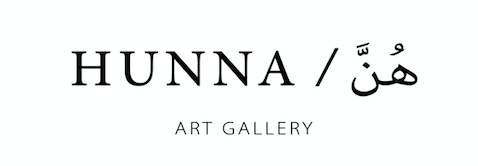Introduction
The Sea of Life features the works of fourteen artists spanning different art forms and generations, exploring their connection to their natural and built environment and the symbolism of water in their lives. The title plays on the concept of ‘The Tree of Life,’ a widespread symbol of life among some cultures and religions. On Bahrain Island, water has been this lifeforce. Both the sea and the island’s fresh water springs are linked to its prosperity and regarded as a precious commodity to cherish and preserve, creating a powerful connection between the people of Bahrain and their natural environment.
Home to the Dilmun civilization dating as far back as the fourth millennium BC, Bahrain Island was described in the Epic of Gilgamesh as a heavenly land and a place of everlasting youth. The artists’ deep connection to the island’s landscape, its natural resources, rituals and mythology are reflected in the artworks included in the show.
It is this connection to ancient civilizations and culture that has inspired the island’s strong art scene and its grassroots nature. In The Sea of Life, the 30 featured works play on dualities such as past and future, tradition and modernity, folktale and reality. They offer a glimpse into the legacy of Bahrain’s pioneering artists, the evolving arts scene and the manner in which younger generations are exploring new artistic expressions. Collectively, their creations convey a visual portrayal of the island, its landscape, and its potential as a source of reflection, connection, and the imagining of diverse futures.
(...)
About the Artists
Participating artists: Rashid Al Khalifa, Marwa Al Khalifa, Mohammed Al Mahdi, Mariam AlNoaimi, Jaafar Al Oraibi, Abdul Karim Al-Orrayed, Mashael Alsaie, Jamal AlYousif, Nasser AlYousif, Ebrahim Bu Saad, Balqees Fakhro, Aisha Hafuz, Ghada Khunji, Abbas Yousif.
(...)
---
Continue reading on Middle East Institute.

